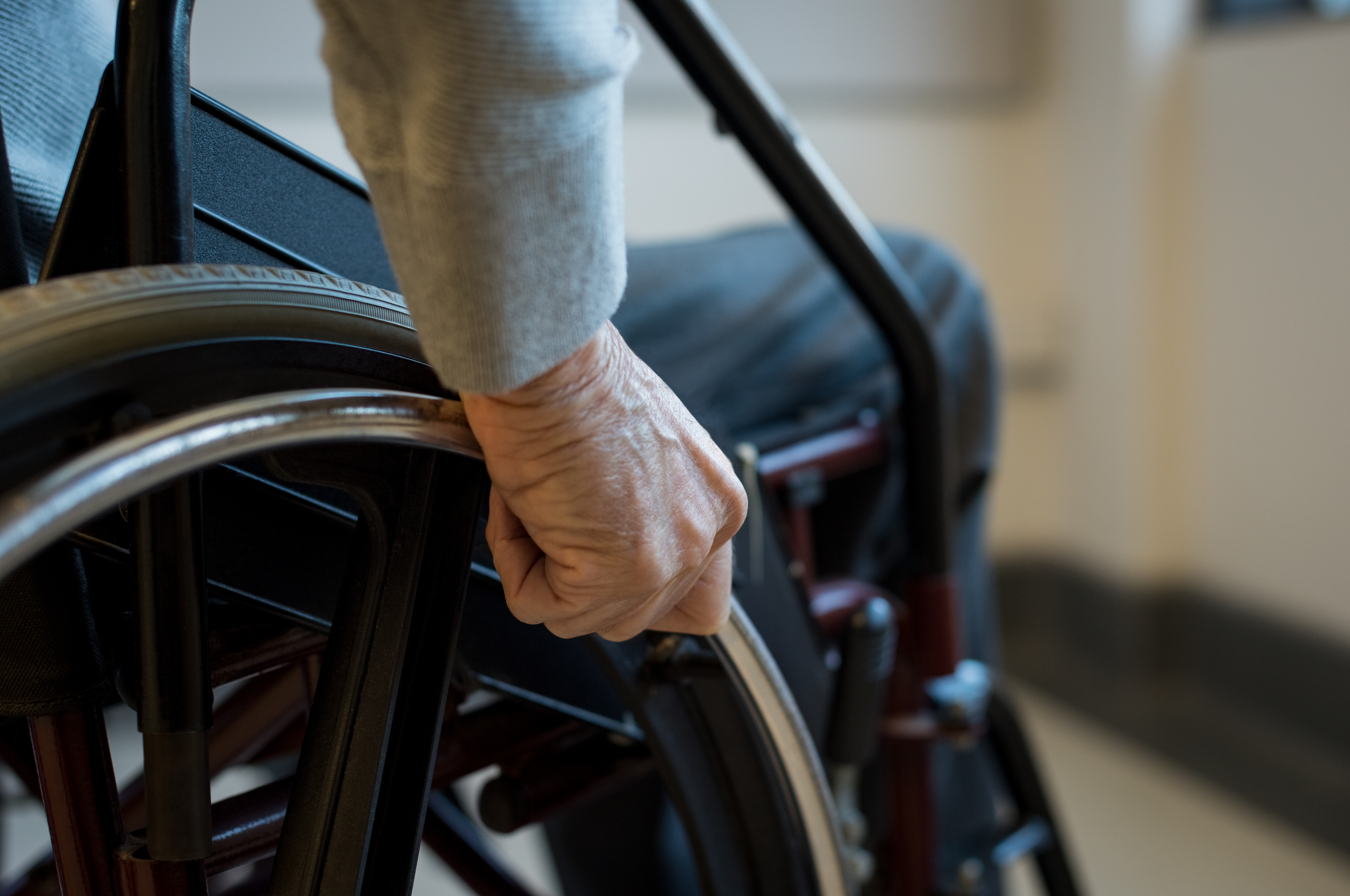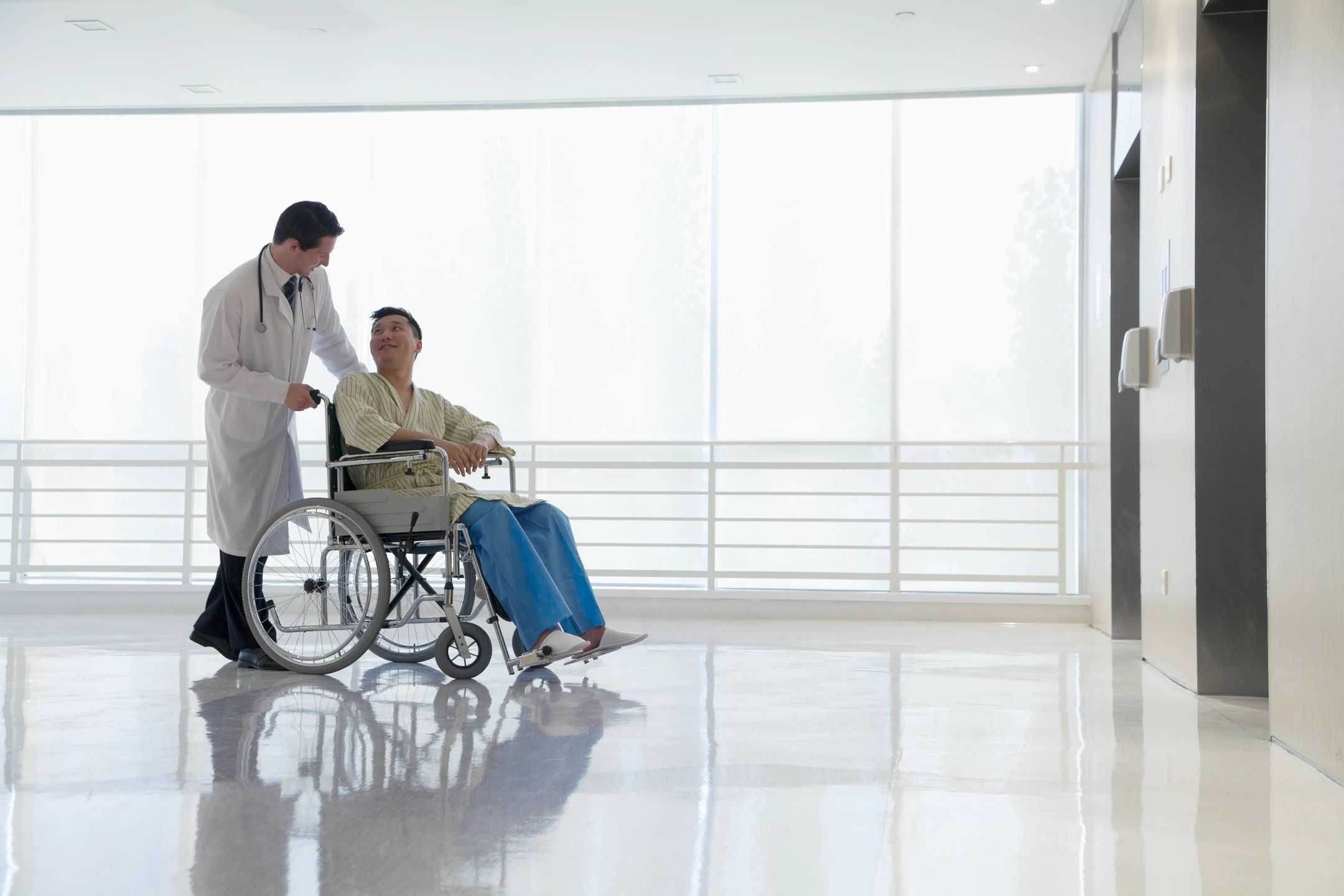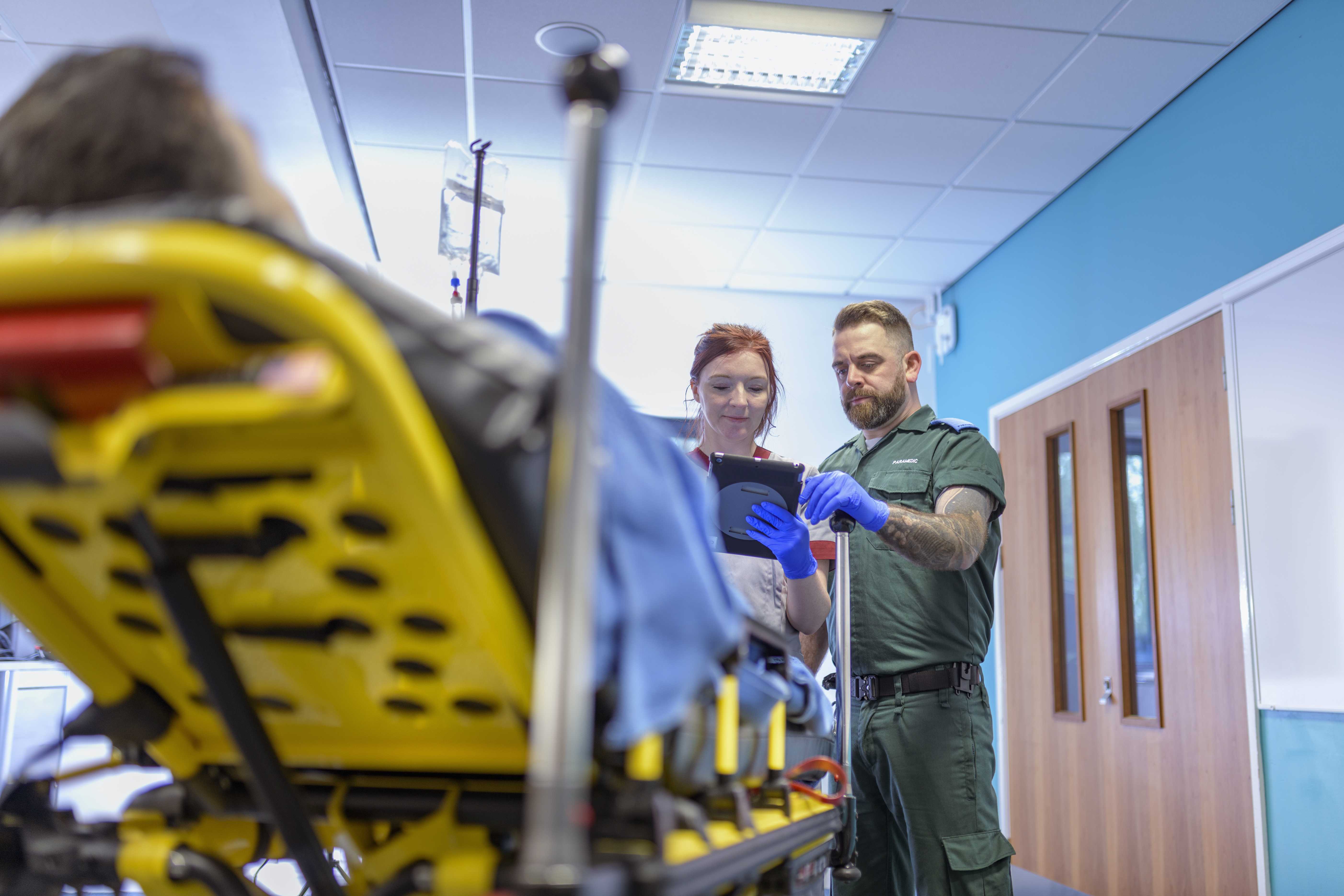Caregivers are critical in coordinating non-emergency medical transportation (NEMT) for their loved ones. As individuals age or develop chronic medical conditions, they may become unable to drive or rely on public transport, making accessing the medical care they need increasingly tricky. Caregivers, who can be family members, friends, or paid professionals, often step in to coordinate transportation for their loved ones, ensuring that they can attend their medical appointments and receive the care they need.
One of the primary responsibilities of caregivers in coordinating NEMT is scheduling transportation. This includes determining the pick-up and drop-off times and their locations. Caregivers must also factor in any additional time needed for check-ins or other appointments and ensure that their loved ones are punctual and ready for the pick-up time. They should also be familiar with the NEMT provider’s policies and procedures, including cancellation and rescheduling policies and any additional fees that may apply.
Another critical aspect of coordinating NEMT is ensuring that the transportation provided is appropriate for their loved one’s needs. This includes determining if a standard or specialized vehicle, such as a wheelchair-accessible van or stretcher van, is needed. Caregivers must also consider any medical equipment or special accommodations their loved one may need, such as oxygen tanks or specialized seating, and communicate these needs to the NEMT provider when scheduling transportation.
Caregivers also play a critical role in ensuring the safety of their loved ones during transportation. This includes dressing their loved one appropriately for the weather, bringing any necessary medications or medical equipment, and having identification and insurance information readily available. Caregivers should also consider accompanying their loved one during transportation, if needed, to assist with their transportation needs and provide support. Additionally, they must be familiar with the NEMT provider’s emergency and safety protocols and ensure that their loved one is also aware of them. This includes understanding the procedures for handling medical emergencies and how to contact the NEMT provider in case of an emergency.
In conclusion, caregivers are vital in coordinating non-emergency medical transportation for their loved ones. They are responsible for scheduling transportation, ensuring that the transportation provided is appropriate for their loved one’s needs, ensuring their loved one’s safety during transportation, familiarizing themselves with the NEMT provider’s emergency and safety protocols, educating their loved one about the importance of regular medical appointments and preventive care, and coordinating care with healthcare providers. As a result, caregivers are essential in ensuring that their loved ones can access the medical care they need, ultimately improving the overall health outcomes of their patients.











